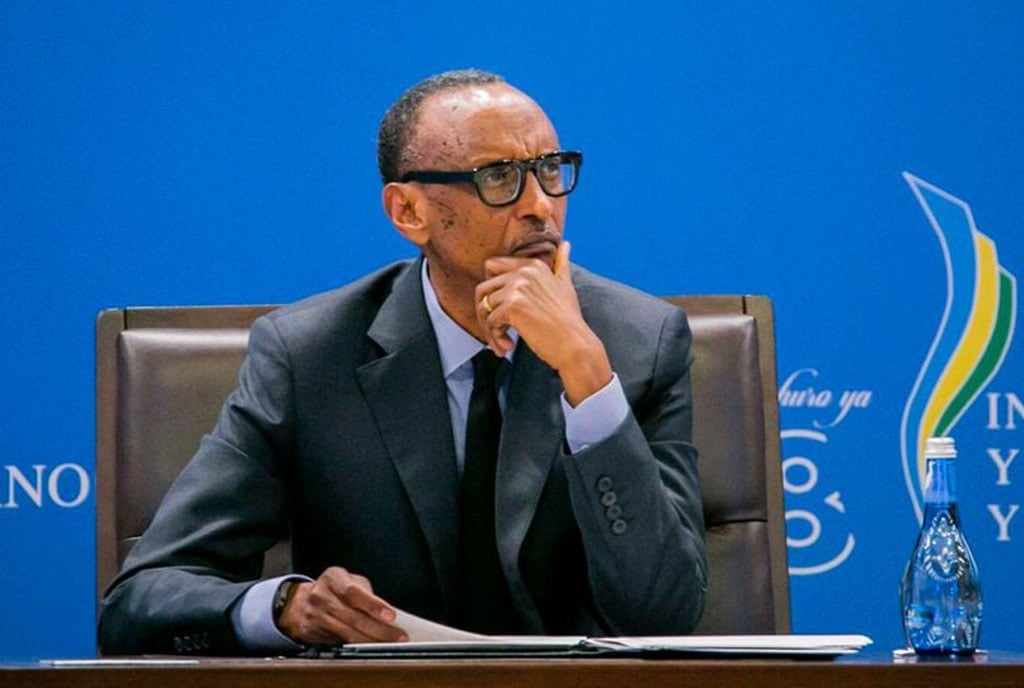Prime
Some notes on Paul Kagame and 2024 elections in Rwanda

Author: Asuman Bisiika. PHOTO/FILE
What you need to know:
Most African leaders who have been in power for over 20 years tend to want to be replaced by one of their children.
On Friday August 25, I was invited to dinner by the head of a big-budget semi-diplomatic international NGO. The food was good. The small talk too. Talking regional politics and security, they remarked that they heard a rumour President Kagame of Rwanda may not seek re-election in 2024. I laughed; laughed hard. I told them Kagame will only retire when his children are old enough to fend for themselves. It was their turn to burst into laughter. “But you are clearly painting a Kampala scenario, not Kigali,” said them.
“Both capitals begin with the letter K,” I retorted.
***************
In June 2010, I wrote a ‘sitpap’ (situational paper) on Rwanda’s presidential elections of the same year. The paper, titled ‘Rwanda: Forget 2010 poll, the real thing is in 2017’, was later abridged and published in the Ugandan media on July 18, 2010.
I argued that an election was not the best instrument to capture the reality of President Kagame’s tout puissant stature in Rwandan politics. I wrote: “As a liberation movement, the character of the all-pervading RPF and its ideological outlook as an organisation is influenced by Kagame’s person and personality. Whether he is popular or not, he is a very critical political player in Rwanda.”
***************
The Kinyarwanda word for referendum is kamarampaka. Given its descriptive character, phrasal form and etymological derivation, kamarampaka (or the action of) can be viewed as an instrument used to resolve a fundamental or an intractable disagreement, argument or situation of major decision-making (crossroads). Rwanda has held two kamarampakas; the most famous of which being the 1961 referendum whose outcome was the abolition of the monarchy and creation of the republic. However, in spite of the bad political and security situation of 1961, the results were not as outrageous as those from the referendum held on December 18 2015.
The main political import of the constitutional amendments that were the subject of the referendum was more about President Kagame than any other major debate or political cross-roads. The constitutional amendments retained presidential terms of office to wit: one can only be a president of Rwanda for two terms of office. The amendments even went farther to reduce the length of a presidential term of office from seven to five years. However, the most significant aspect of the constitutional amendments is that President Kagame (as an individual) was gifted with eligibility to run for office in the 2017 elections. Before the amendments, President Kagame was not eligible to be a candidate in the 2017 polls. In addition to Kagame’s gift of eligibility to run for office in 2017 (giving him a seven-year term of office), he would still be eligible to run for office in the next two presidential elections in 2024 and 2029.
****************
In a recent interview, Kagame was quoted as saying he would seek re-election in 2024 presidential elections. The journalist asked a leading question. And in a typical Kagame way, his answer was more about ‘getting to the interviewer’ than expressing the need to declare his ambition.
But will he seek re-election? I am better off assuming that he will. Most African leaders who came to power the way Kagame did tend to stay long. In fact, if one were really interested in seeing Kagame leaving power, one would be advised to wait until 2034.
In 2034, his children will be old enough to ‘fend for themselves’. Most African leaders who have been in power for over 20 years tend to want to be replaced by one of their children. Sometimes someone is just a parent; a good one who wishes his children good.
Mr Bisiika is the executive editor of the East African Flagpost. [email protected]




